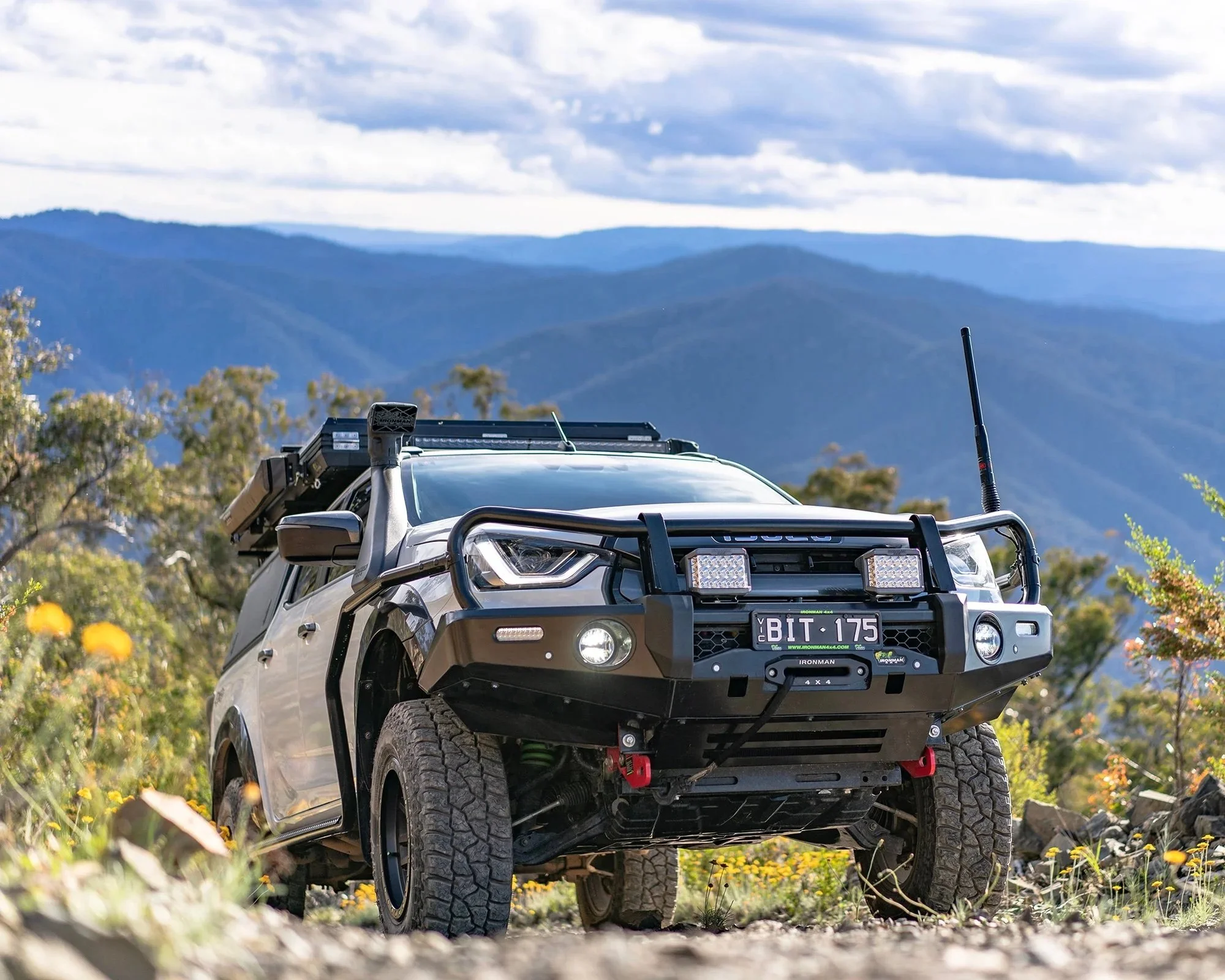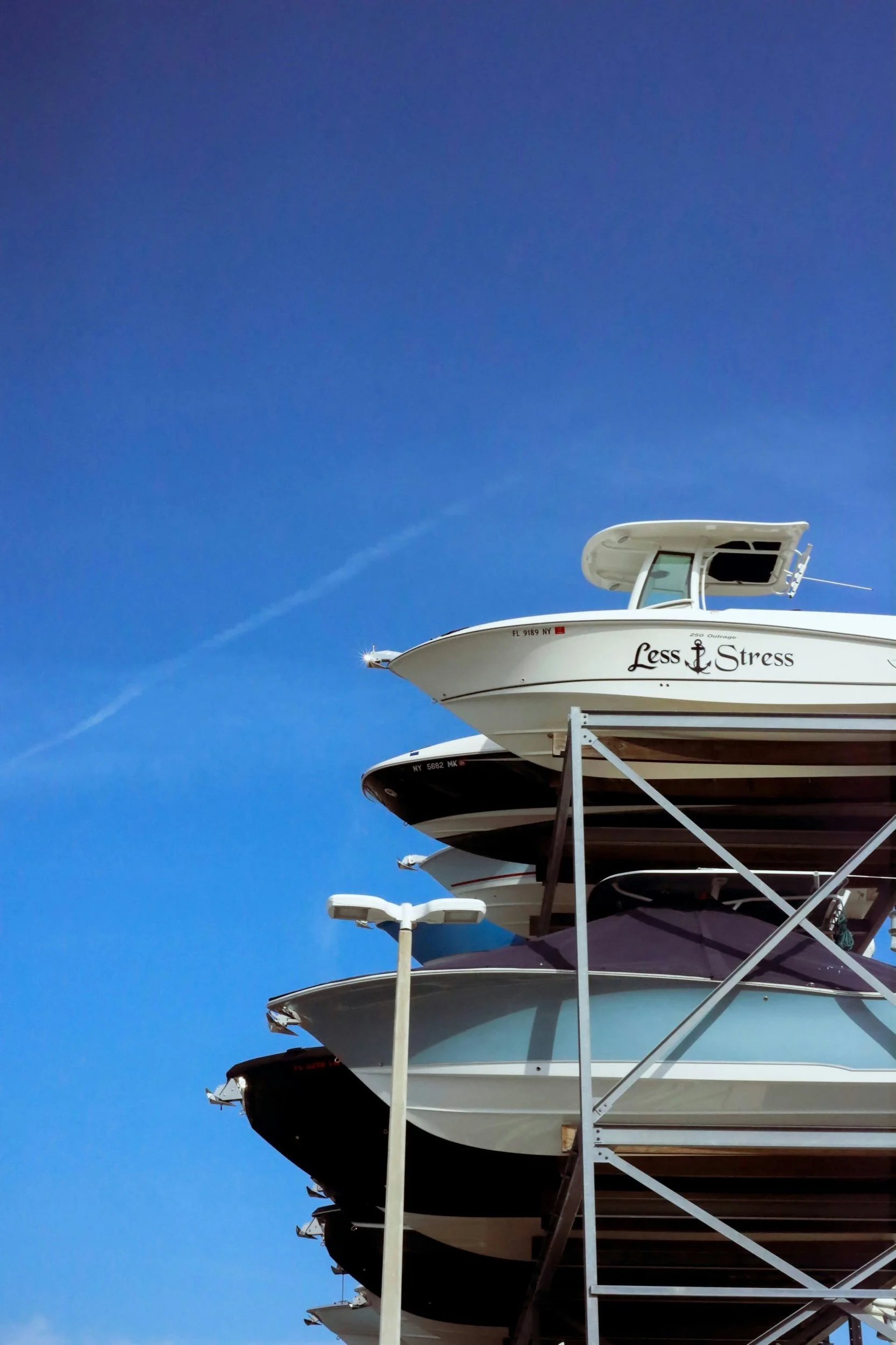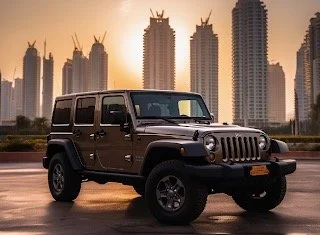Why You Should Prioritise Compatibility When Shopping for a Bull Bar
So you’ve recently spotted a nice-looking bull bar at your favourite 4x4 accessory store or online. You may have the money to spare, but if that bull bar isn’t compatible with your vehicle, it might not fully serve its purpose, or worse, it might cause more harm than good.
Before you add any premium-quality bull bars for Ford Ranger to your cart, let’s discuss why you should prioritise compatibility when shopping for one.
Understanding Compatibility in the Context of Bull Bars
Does the bull bar fit your vehicle’s make and model and your specific off-roading needs? That’s simply what compatibility is about. You must understand that bull bars aren’t a one-size-fits-all accessory, and manufacturers like Ironman 4x4 have risen to the occasion by designing bull bars for specific makes and models of vehicles.
Why a Mismatch Can Cause Problems
A poorly fitting bull bar certainly doesn’t look good, but the issue doesn’t end there. It can also affect your vehicle’s safety and performance on the trail. Here are some potential issues:
Misalignment with sensors - Modern vehicles often come with sensors for parking, collision avoidance, and more. If the bull bar interferes with these features, it could cause malfunctions.
Vehicle damage - A bull bar that doesn’t fit properly can rub against your vehicle, causing scratches, dents, and other damage over time.
Decreased safety - Bull bars are designed to withstand impact, but if yours is poorly fitted, it might not do its job effectively. This leaves your vehicle and passengers at risk during off-road encounters.
How to Check for Compatibility Before Purchase
Before pulling the trigger on the bull bar you’ve been eyeing, there are a few things you need to check to ensure it’s the right one for your vehicle. Here’s a handy guide to help you out:
Check vehicle specs - Make sure the bull bar is compatible with your vehicle’s make and model. Ironman 4x4 provides compatibility charts on their website, so you might want to look into them.
Integrated features - Does your vehicle have lights, sensors, or a winch? Confirm that the bull bar supports these features.
Alignment - Ensure the mounting points and brackets are in the right spots to avoid any installation issues.
The Different Types of Bull Bars and Their Compatibility with Vehicle Styles
Not all bull bars are suited for every type of vehicle, and this is something we can’t stress enough. It’s important to match the right type with your vehicle’s needs.
Full bumper replacement - Ideal for larger vehicles like trucks, these bars offer maximum protection, especially on rough terrain.
Partial bull bars - Perfect for those looking for a balance between protection and aesthetics, they’re generally a better fit for smaller off-road vehicles or SUVs.
Nudge bars - Do you only use your vehicle off-road occasionally? A nudge bar, with the light protection it offers, might be adequate.
What Key Features Should You Look For?
Beyond just size and design, there are several key features you’ll want to look for to ensure optimal performance. These include:
Materials - Bull bars are typically made from quality materials like steel or alloy. Between the two, steel offers better impact resistance. The lighter alloy is more suitable for specific types of vehicles.
Winch mounts and light brackets - Do you plan on adding extra accessories like a winch or additional lights? Make sure the bull bar is equipped to handle them.
Airbag compatibility - Vehicles these days are equipped with airbags that deploy when certain impacts occur. Your bull bar should be designed to work with these safety features to ensure proper functionality during an accident.
Purchasing the Right Bull Bar for Your Vehicle
If you’re unsure about what to purchase, feel free to consult seasoned off-roaders or your trusted mechanic. You can also consult experts at renowned stores like Ironman 4x4. Remember that a little extra care when shopping can save you heaps of trouble where it matters most—the trails.



